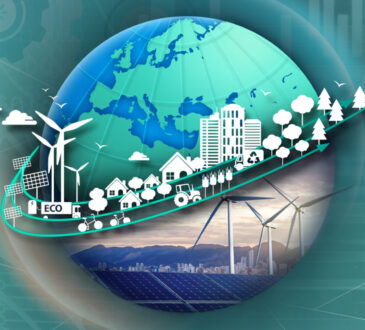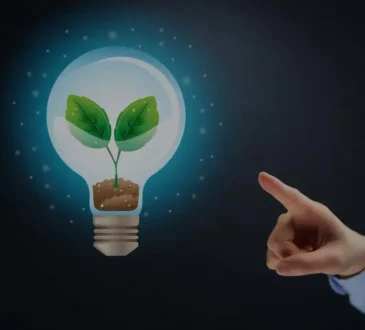Call to halt crackdowns on peaceful eco-protests –
State clampdowns on environmental protesters must stop and give way to social dialogue, says Europe’s human rights chief.
Environmental pollution, climate change and biodiversity loss are the most urgent existential threats to humankind and to human rights. In response, many people have taken to the streets in peaceful protest to demand more resolute government action on issues relating to the protection of nature and the environment, health and climate change.
But their legitimate demands and concerns are increasingly being met with repression, criminalisation and stigmatisation. This must stop, says Dunja Mijatović, Council of Europe Commissioner for Human Rights.
In recent months there has been a rise in the number, scale and variety of public protest by environmental defenders and activists. In Denmark, Italy, the Netherlands and the UK protesters blocked streets, motorways, railway tracks, construction sites and an airport runway. Across Europe climate activists smeared or glued themselves to the frames of famous paintings and interrupted art performances and sporting events.
“Those who are at the forefront of climate action protests have often been maligned, likened to extremists and referred to as ‘terrorists’, ‘eco-zealots’, ‘criminals’, a ‘selfish minority’, or other derogatory terms,” Mijatović said.
“Environmental protests have been equated with unlawful activity, labelled ‘eco-vandalism’, or even likened to ‘terrorism’ by some politicians, media outlets, opinion-makers, and Internet trolls, in an attempt to set the general opinion against environmental defenders and fuel resentment against their cause, sometimes leading to violence being used against them.
“The right to freedom of peaceful assembly and freedom of expression, which include the right to demonstrate and to protest in defence of the natural environment, are among the cornerstones of democracy. These rights are essential to a healthy pluralist democracy and human dignity because they enable people from diverse backgrounds and perspectives to express their views, hold their governments to account and participate in or stimulate public debate. In a democracy, public authorities must facilitate peaceful assembly and free expression, not stifle them.
“What we are seeing in many places in Europe and elsewhere in the world today is a clear asymmetry between the responses of many state authorities and the standards that safeguard the rights to freedom of peaceful assembly and freedom of expression. The increasing trend of repression of those rights in Europe is the wrong answer and it must be reversed.
“Instead of repressing or vilifying those who legitimately make use of their right to freedom of peaceful assembly and freedom of expression, or introducing new legal restrictions on the exercise of those rights, public authorities in Council of Europe member states should ensure that they can be exercised safely, while protecting other legitimate aims, including the rights and freedoms of others.”
Many of the advances in freedom and dignity in the history of humankind have been achieved thanks to the determination of people who had the courage to take to the streets and embrace civil disobedience to challenge the status quo, insist on respect for human rights, and demand reforms.
“Environmental human rights defenders and climate activists are part of this long and inspiring tradition of defenders of human rights and freedoms,” Mijatović continued. “They rely on the rights to freedom of peaceful assembly and to freedom of expression as a means of channelling legitimate concerns about the lack, or slow pace, of progress towards addressing the climate emergency and other pressing environmental concerns.
“These are issues that affect us all in that they concern our human rights, well-being, and future. Those who raise them deserve our sympathy and support – not repression or resentment.”




